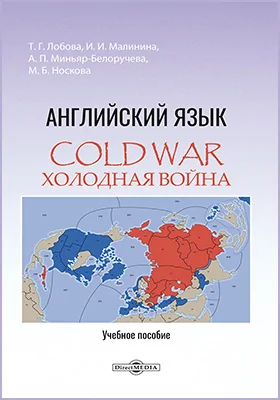Cold War = Холодная война
Автор: Тамара Лобова, Ирина Малинина, Алла Миньяр-Белоручева, Марина Носкова
Форматы: PDF
Издательство: Директ-Медиа
Год: 2024
Место издания: Москва
ISBN: 978-5-4499-4241-8
Страниц: 160
Артикул: 105834
Возрастная маркировка: 16+
Краткая аннотация книги "Cold War"
Данное учебное пособие по английскому языку направлено на усвоение профессионально ориентированного языка политики. На материале оригинальных работ англоязычных политологов и историков отрабатывается лексико-грамматический материал с целью развития языковой, речевой и профессионально ориентированной компетенции. Данное учебное пособие предназначено для магистрантов гуманитарных факультетов, изучающих историю, политологию, международные отношения, глобальные процессы, а также для всех, желающих изучать английский язык самостоятельно.
Содержание книги "Cold War"
Введение
Unit 1. The Burden of History: to 1941
Unit 2. Ideologies With Global Aspirations
Unit 3. Overkill
Unit 4. The Policy of Stalin’s Successors
Unit 5. The Demice of European Colonialism
Unit 6. The German Question
Unit 7. Strategic Stability
Unit 8. The Genesis of Detente
Unit 9. Detente
Unit 10. The Final Phase
Unit 11. The End of the Cold War
Appendices
Appendix I
Appendix II
Appendix III
Appendix IV
Appendix V
Appendix VI
Appendix VII
Appendix VIII
Appendix IX
Appendix X
Appendix XI
Appendix XII
Appendix XIII
Literature
Все отзывы о книге Cold War : английский язык : учебное пособие для магистрантов
Отрывок из книги Cold War : английский язык : учебное пособие для магистрантов
29 UNIT 5. THE DEMICE OF EUROPEAN COLONIALISM Khrushchev’s fate reflected, in microcosm, that of the Sovi-et Union and the United States during the late 1950s, the 1960s, and the early 1970s. The international system during those years appeared to be one of bipolarity in which, like iron filings attract-ed by magnets, all power gravitated to Moscow and Washington. In fact, though, the superpowers were finding it increasingly difficult to manage the smaller powers, whether allies or neutrals in the Cold War, while at the same time they were losing the authority they had once taken for granted at home. The weak were discovering opportunities to confront the strong. The nature of power was changing because the fear of power, as traditionally conceived, was diminishing. Mallets were indeed beginning to turn into flamingos, and balls into hedgehogs. The first signs that this was happening came with the de-cline and eventual demise of European colonialism, a process that began before the Cold War started, paralleled its early de-velopment, and only gradually affected its subsequent evolution. The European domination of the world dated from the 15th cen-tury, when Portugal and Spain first perfected the means of transporting men, weapons, and — without realizing it — germs across the oceans that had hitherto kept human societies apart. By the end of the 19th century, there was little territory left that was not controlled by Europeans or their descendants. But in 1905, Japan, a rising non-European power, won a war it had started with Russia, one of the weakest of the European empires: that victory shattered the illusion that the Europeans, if chal-lenged, would always win. The Europeans themselves then shattered another illu-sion — that of unity among themselves — by going to war in 1914. World War I, in turn, produced two compelling justifica-tions for an end to colo...
С книгой "Cold War" читают
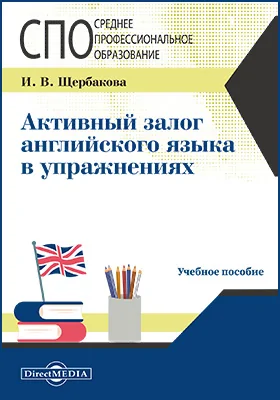
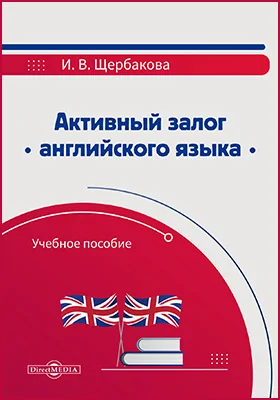
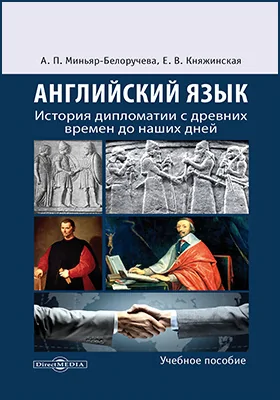
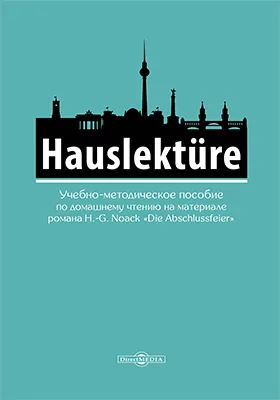
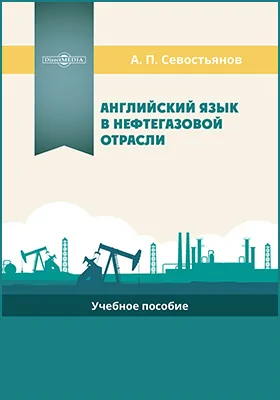
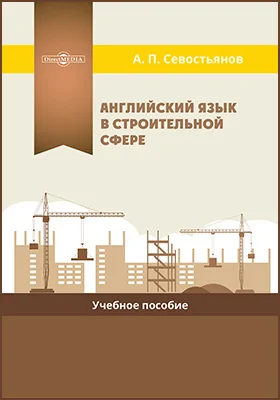
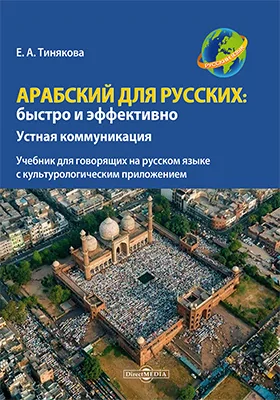
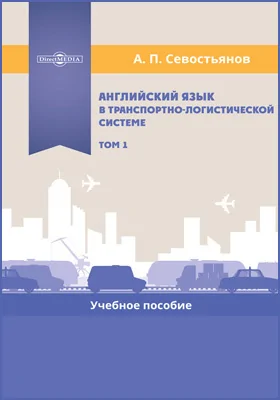
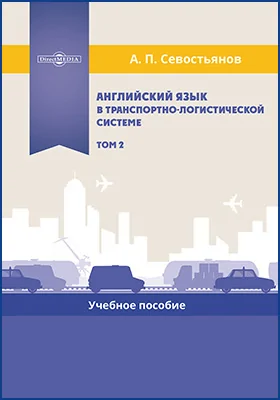
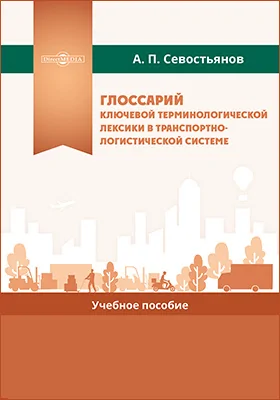
Бестселлеры нон-фикшн
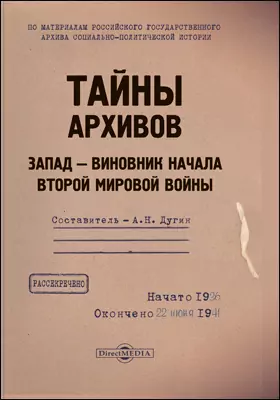

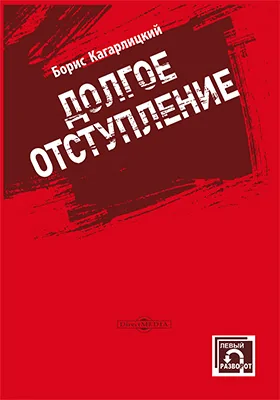
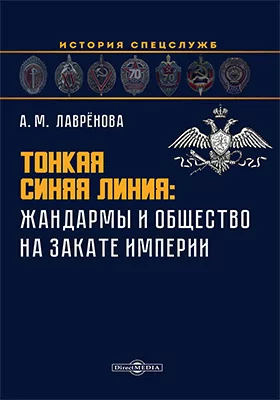
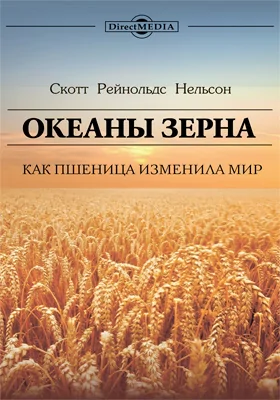
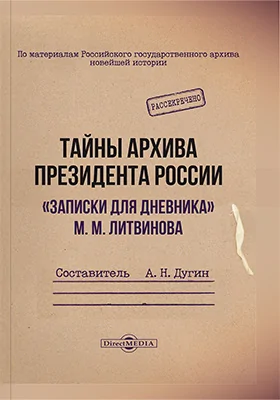
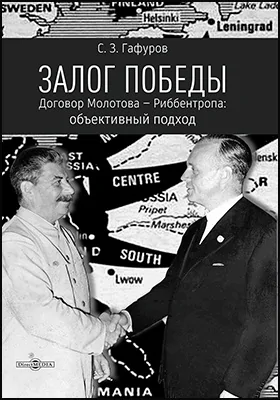
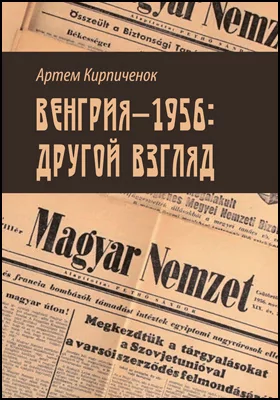
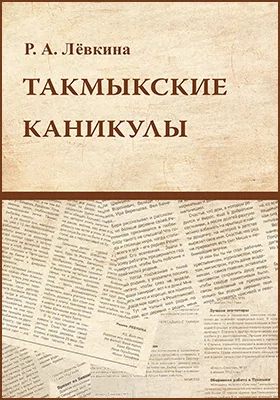
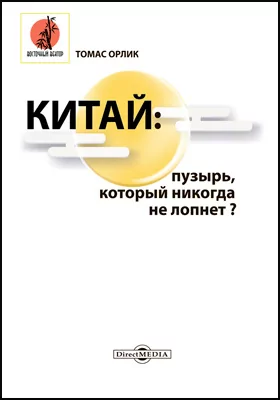
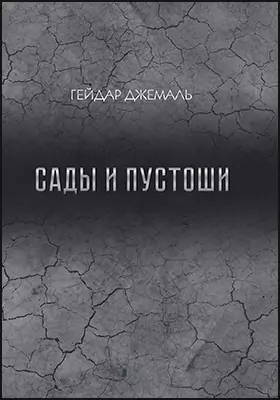
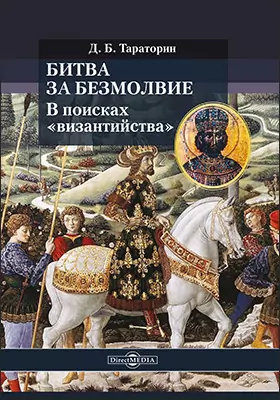
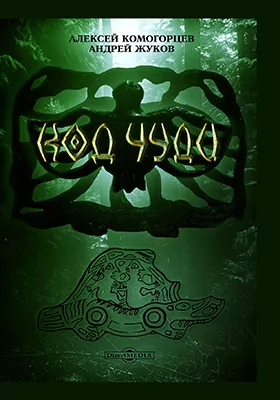
Новинки книги нон-фикшн
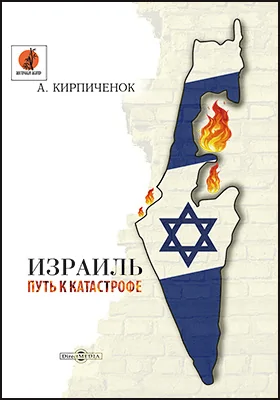
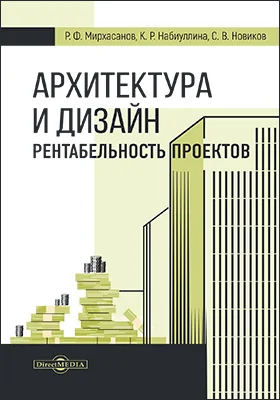
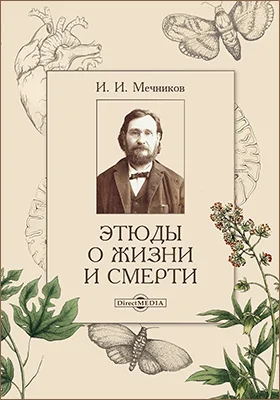
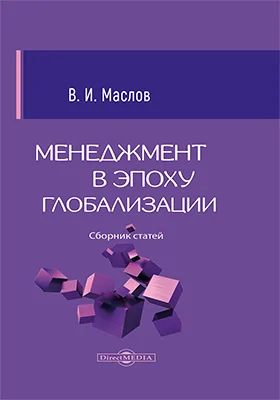
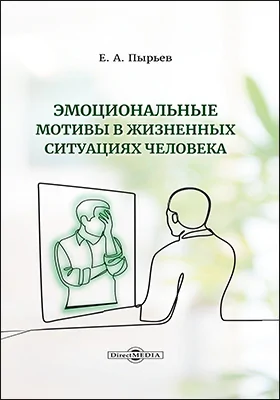
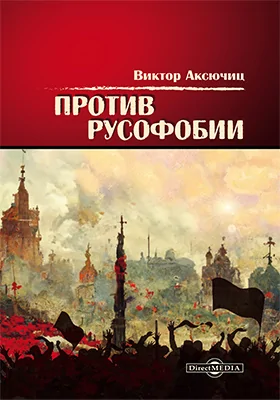
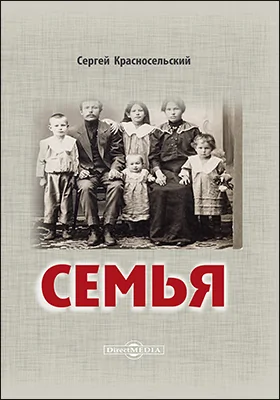
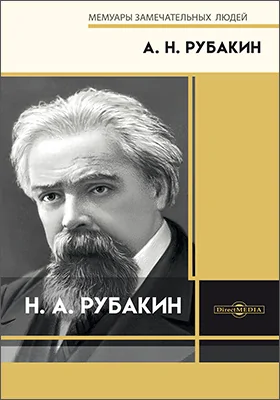
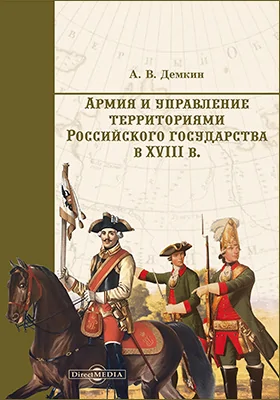
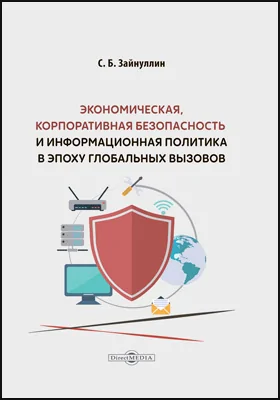
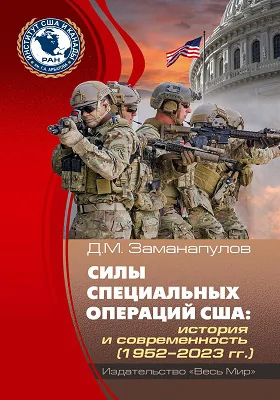
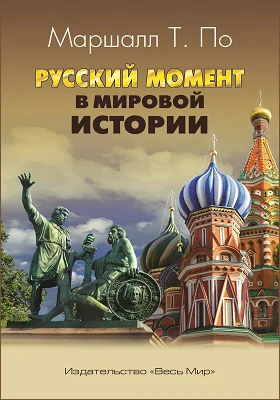
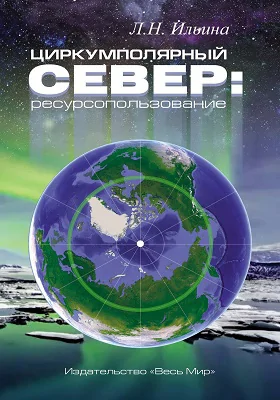
и мы свяжемся с вами в течение 15 минут
за оставленную заявку

